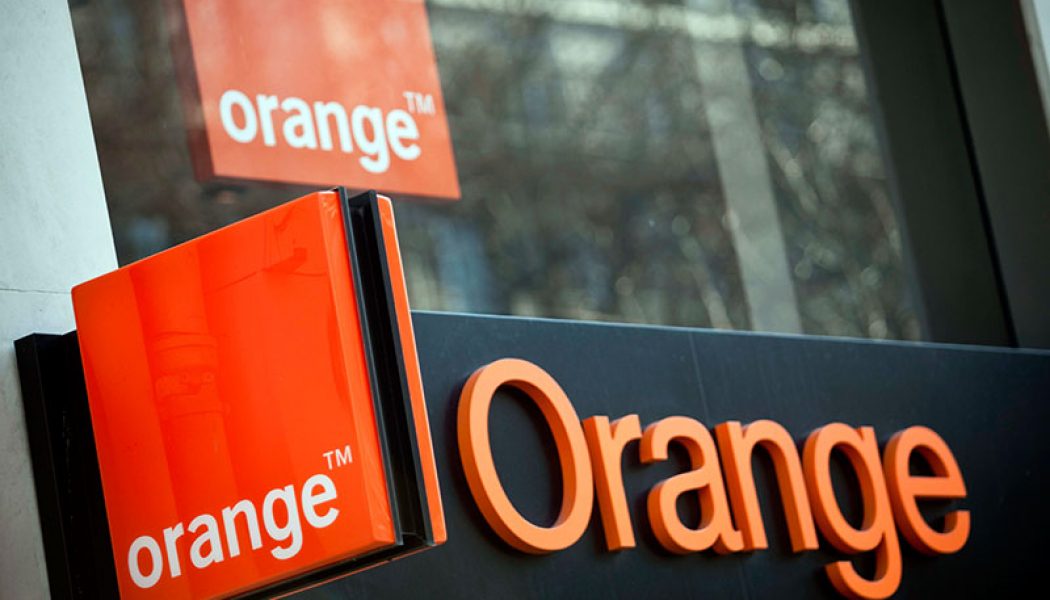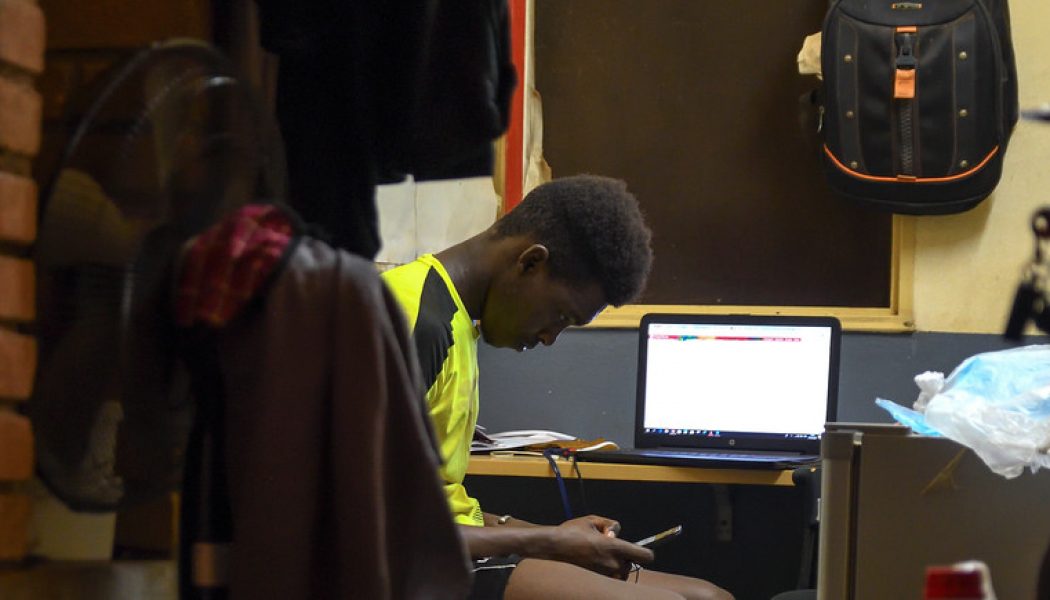technology news
MTN, Cell C and rain Zero-rate Education Programmes for Youth
Major telecommunications companies MTN, Cell C and rain have zero-rated the OLICO Maths Education Programme which provides puzzles and problem-solving activities, competitions, games and weekly challenges to keep learners busy, connected and engaged. This decision followed the closure of schools in the COVID-19 pandemic’s local lockdown restrictions, which compounded learning challenges even further for the notoriously under-resourced youth in some of South Africa’s largest townships. Launched in 2008, the OLICO Maths Education Programme has provided effective and increasingly popular after-school tutoring and training in Alexandra, Diepsloot, Bosmont, Dunoon and Heideveld, and partners using OLICO maths content are working in Soweto, Ivory Park, Khayelitsha, Gugulethu and deep-rural Easte...
Is Company Culture Hindering Your Mobile Workforce?
Sourced from Tapscape While the mobile workforce has long been possible in theory, thanks to the ready availability of cloud technologies, many enterprises have continued to operate in a more traditional manner. The COVID-19 pandemic and subsequent lockdowns around the globe have forced businesses to completely rethink the way they operate. This unprecedented situation has dramatically accelerated the mobility drive, and subsequently the adoption of the cloud. Most organisations were faced with the choice of enabling staff to work from home or ceasing to operate, and the cloud offers the ideal way to access technologies to facilitate this. There is no going back “While we may have moved down a level in our lockdown status, President Ramaphosa has stressed that those who are able to work re...
South African Government Working on Plans to Re-Open Cinemas Across the Country
A new set of regulations gazetted by the SA government on Thursday shows that movie theatres might be opening again across the country sometime soon. Cinemas are currently closed, not allowed to operate during Level 3 of the national lockdown. For it now it seems that the new government regulations have included theatres and cinemas in an arrangement that allows competitors to negotiate amongst each other, and with their landlords in order to lower rent and allow for rent holidays. In normal times, these negotiations are restricted by South Africa’s competition laws. /* custom css */ .tdi_3_eae.td-a-rec-img{ text-align: left; }.tdi_3_eae.td-a-rec-img img{ margin: 0 auto 0 0; } “The Department (of trade and industry) has received representation from stakeholders in the cinema exhibition ind...
Why 5G is a Must for Post-COVID South Africa
The widespread lack of internet access for most South African households, coupled with the expectation for remote working and learning to be the new norm in post-lockdown society, is placing greater importance on next-generation 5G technology, which will play a critical role in the country’s socio-economic growth and recovery following the impact of lockdown regulations. This was revealed by Willem Roos, the CEO of rain, during the most recent edition of the Business Lecture Series hosted by Stellenbosch Network in conjunction with Stellenbosch University’s LaunchLab. The Business Lecture Series is the latest in a line of events curated by Stellenbosch Network to help educate local leaders and entrepreneurs from across society so that they can better adapt their operations, seek out new op...
Inadequate Investment in Cybersecurity is Behind Increase in Cyber Attacks
Following on this week’s Life Healthcare cyberattack, the issue of cybersecurity has once again been brought to the fore as businesses and individuals are forced to evaluate whether measures in place are strong enough to withstand major breaches in their security. Life Healthcare is the third major South African company that has been targeted by hackers this year. In February, Nedbank warned that the information of about 1.7 million clients was potentially affected by a data breach, and the following month chemicals and fertiliser maker Omnia Holdings said it’s IT infrastructure was subject to a cyberattack. Amongst the other big businesses that have been targeted in South Africa are Johannesburg City Council, Capitec Bank and Telkom. The trend is also true for the rest of the continent. I...
Keep IT Costs Down with Managed Data Services
Sourced from Shutterstock The arrival of COVID-19 and its impact on the economy threatens to undo the careful technology investments made by businesses. Over the past decade, digital-centric and data-driven business environments have been gaining momentum, taking advantage of new breakthroughs such as cloud, advanced process automation, data analytics, remote working, etc. But now there is a real chance that these investments could be undone or, more likely, fail to reach their intended potential. It’s ironic, considering that these same investments have been helping companies adapt to the changes created by the pandemic. For example, those organisations that could safely and confidently switch to employees working from home rely on their modern digital environments. Now all that is under ...























